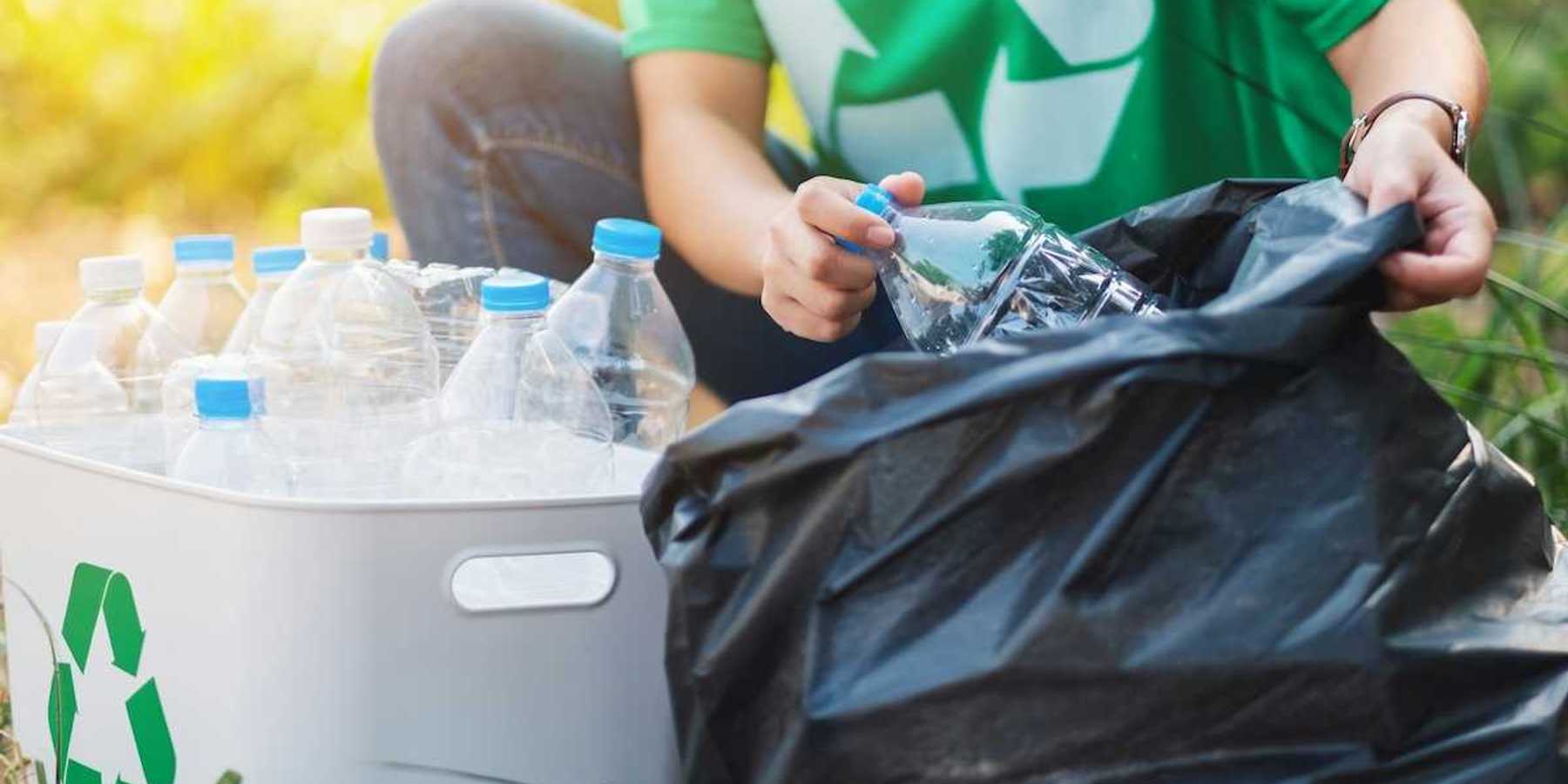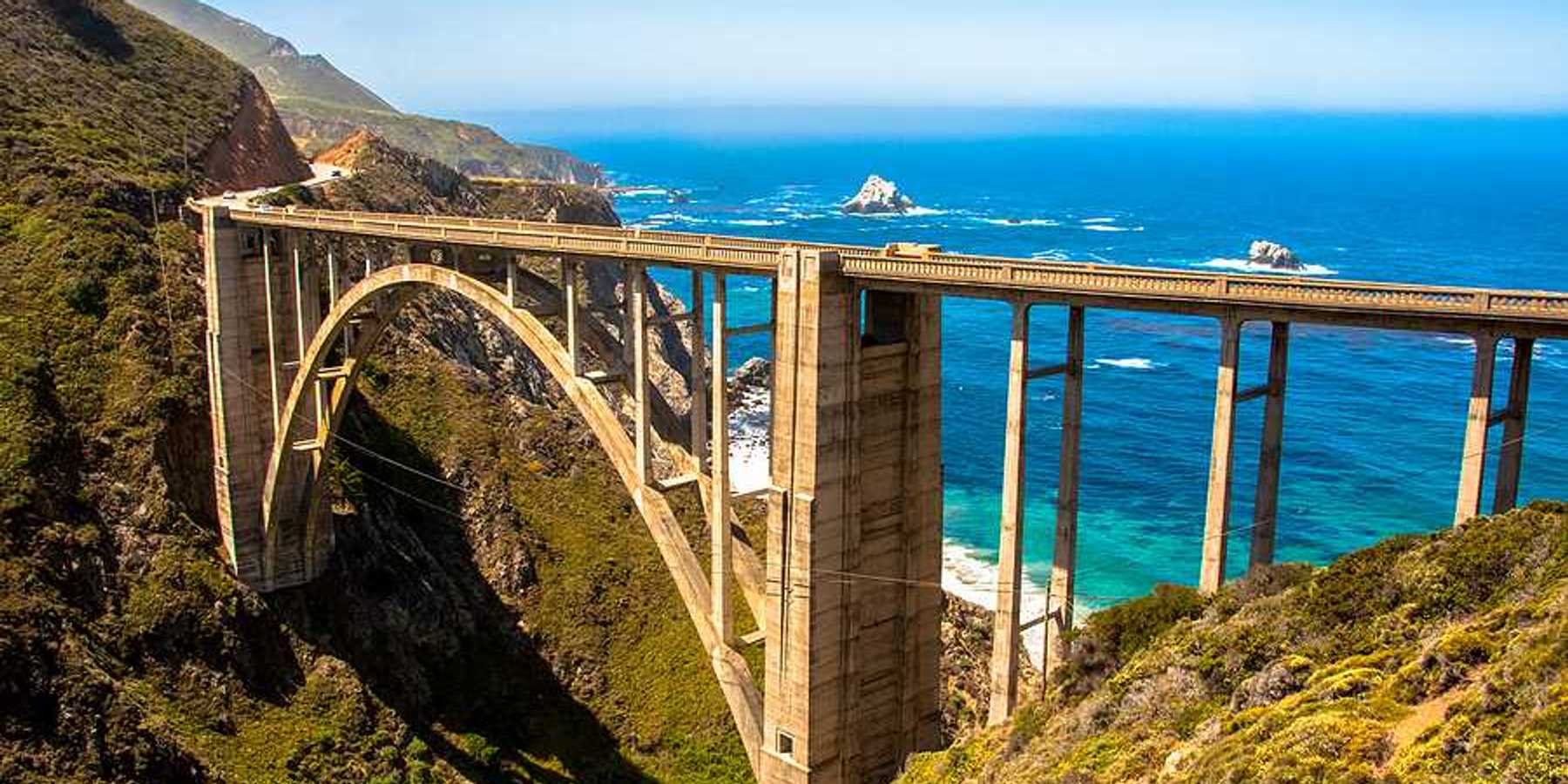Canberra proves a fossil-fuel nation can run on renewables
Australia’s capital, Canberra, has been powered entirely by renewable energy since 2020, making it a standout in a country still heavily reliant on coal and gas.
Stuart Braun reports for Deutsche Welle.
In short:
- Canberra became the first city outside Europe with a population over 100,000 to fully decarbonize its power grid, reaching 100% renewable electricity in 2020.
- The Australian Capital Territory (ACT) pursued large-scale wind and solar investments despite national political resistance, benefiting from a stable pro-environment government.
- Canberra’s decentralized energy model has lowered electricity costs for residents and serves as a model for other Australian states moving toward renewables.
Key quote:
"Energy is generated almost everywhere, is used everywhere, is stored everywhere."
— Greg Bourne, climate councillor at The Climate Council
Why this matters:
For years, Canberra has sourced all of its electricity from renewable energy, thanks to a combination of large-scale wind and solar projects and long-term contracts with clean energy providers. The shift has not only slashed the city’s emissions but also led to a decline in electricity costs — directly challenging the long-held argument that coal and gas are essential for economic stability.
While Australia still relies heavily on fossil fuel exports, these domestic energy shifts suggest the country may not be as far behind global clean energy leaders as once thought. If current trends continue, Australia’s vast renewable resources could redefine its energy identity — both at home and abroad.
Related: Australia’s renewable energy aspirations face hurdles













